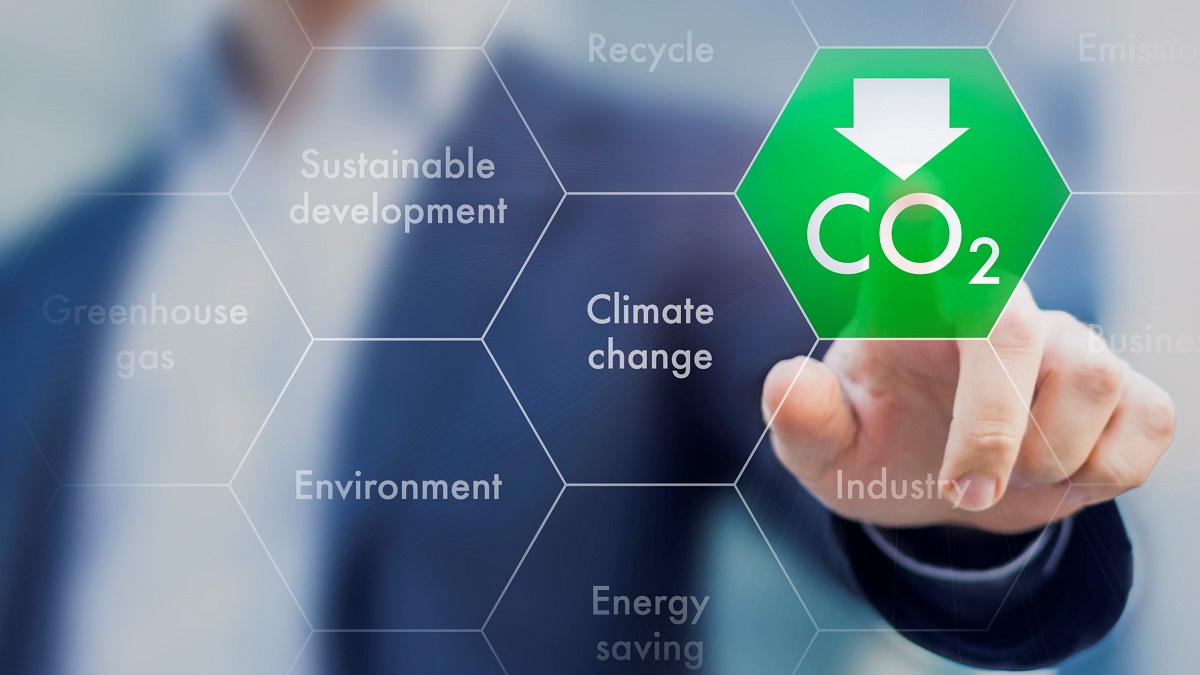Nusrat Jahan Labonnayo: Excess Carbon emission is a poignant reality for us. Much of the apprehension about climate change is directly attributable to increasing global temperature, a by-product of the ever-increasing rate of carbon emission. However, we have taken this era-defining challenge for granted for far too long. Consequently, our sea level is gradually rising and might eventually result in environmental catastrophe. Saltwater intrusion might become a new normal for countries like Bangladesh, causing massive internal displacement and changing our agricultural landscape forever. 16-17 southern districts may be inundated by saltwater by the end of the century. Hence, it is imperative that we control the emission of toxic elements like Carbon dioxide, carbon monoxide etc. to avoid the aforementioned deleterious consequences.
To understand the ramifications of carbon emission, you don’t have to be a rocket scientist. Evidently, our world is in an appalling situation because of it. However, here I bring about a new perspective for the reader. During lockdown for COVID-19, Environmentalists have observed dramatic healing taking place. Pollution significantly decreased in many countries and Bangladesh was no different.
Long story short, the lockdown from mid March to mid April essentially forced industries to shut down resulting in zero to negligible carbon emission. So far this year, the lockdown leading to global economic shutdown has reduced carbon emission by more than 8%. Furthermore, by evaluating the data from the air quality index during the period of lockdown, Dhaka’s air quality has improved 30% or higher.
Hence, we can confidently claim that the industrial and power sectors are mostly responsible for carbon emission and the population plays a trivial role in air pollution. However, we understand the impossibility of shutting down essential industries or total mitigation of carbon emission. The motivation for this article, therefore, is to introduce some systematic plans to minimize carbon emission.
Some media sources presented the improvement of our climate during lockdown as a silver lining. However, these temporary solutions are at best, weak swords that won’t absolutely eradicate the problem. Rather, a sustainable structural transformation is required in order to steer clear from this impending disaster. We’ve to reduce carbon footprints by any means & acknowledge this as an urgent priority. Furthermore, government intervention in various sectors of business is required to ensure environmental protection.
Environmental policies should be introduced & implemented regarding carbon emission reduction and our government should make sure that those policies are compatible with our country’s environmental and economic development.
In addition, it might be worthwhile to go over concrete actions like carbon tax and carbon trading. Here carbon tax means a charge being imposed on the carbon content of fuels & carbon trading is an alternative system where the state sets the total emission volume for each polluting industry and grants these pollution rights to industries through an auction scheme. The Government may also offer incentives or rewards to business entities who performed well in maintaining these rules and used more eco-friendly tactics to reduce negative externalities.
While we might go ahead & enjoy the benefits of large-scale economic growth and structural change, we should also note that under no conditions should we allow our ecosystem to get deteriorated any more than it already has. Therefore, timely implementation & prompt execution of green policies must be ensured and public-private collaborations should be integrated into those policies. If everything goes accordingly, hopefully by the end of this century, our future generation won’t have to become the poster-children for UNHCR’s fundraising campaign & we’ll have cleaner air to breathe.
(The writer is a participant of National Environmental Writing Contest 2020. She can be reached at [email protected])
Featured Image Courtesy: Nicolas Herrbach

Leave a Reply